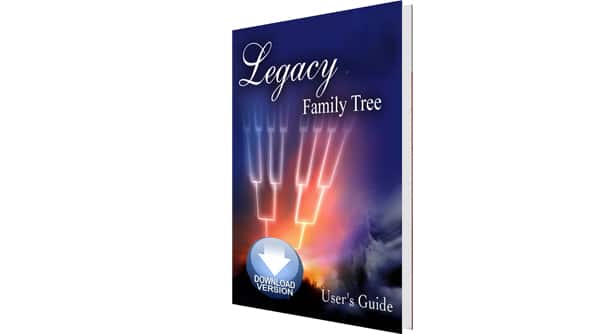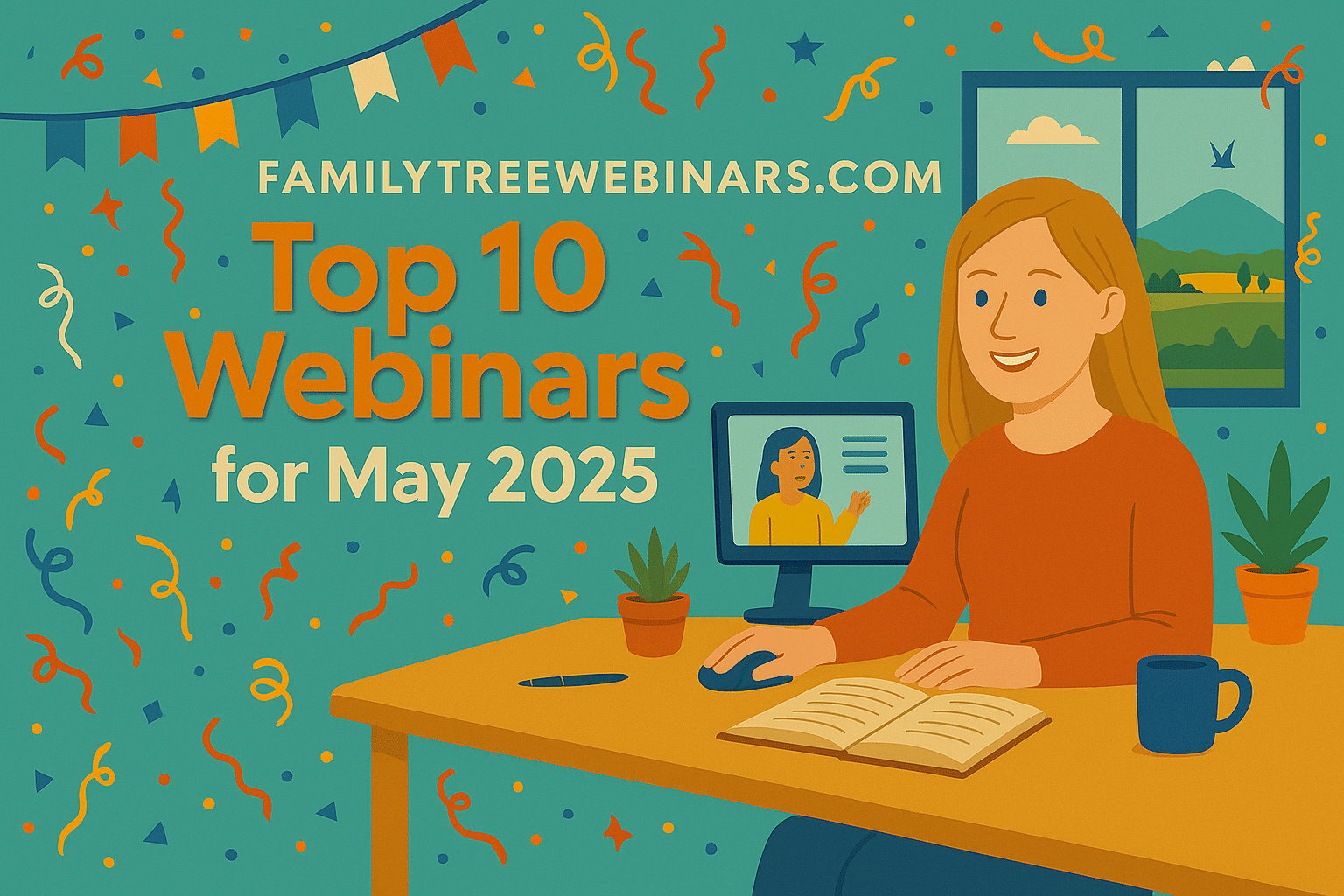
How curious are you? Are you like me and have your phone at the ready when watching a movie so that you can Google questions you have as you watch? Are you always writing down questions to look up as you travel? Maybe it's not enough for you to know that an ancestor simply existed. You want to know what their everyday life was like.
My friend Tami Mize of Conference Keeper first introduced me to curiosity's place in genealogy when she posted a favorite Walt Disney quote, "We Keep Moving Forward, Opening Up New Doors And Doing New Things, Because We're Curious…And Curiosity Keeps Leading Us Down New Paths.” I asked her to elaborate on the role of curiosity in genealogy,
“Curiosity is truly what drives every step of genealogy research. From the simple question "Who were my ancestors?" to "When were they born/married/died?" Then once we have these cold, stark facts, we start wondering what they were like, how did they live, what stories could they tell, and what might we learn from them.”
For Tami and many of us, curiosity is essential to genealogy research. It takes us from the start of our genealogy journey and informs our continued research as we enhance our ancestors' stories with details found when we ask questions.
My personal opinion is that curiosity helps us become better researchers. It drives us to ask questions and then seek out the answers to those questions. It helps us become passionate about our research. It requires us to go beyond what may seem like “enough.” Curious people have an infectious nature. They draw you in with their knowledge and ability to go beyond the tried and true and find those unique sources. They always have an interesting record to share, a new website, or a recently read book.
Curiosity + Genealogy + You
So how do we increase or develop the curiosity to become better researchers ? Googling "how to be curious" or "how to develop curiosity" brings up results that can help. A few themes I found include the following:[1]
- Ask questions
- Explore
- Love to learn new things
- Don’t take things for granted
- Read diversely
So how can these ideas translate to genealogy?
Ask questions: When researching, ask questions beyond "where did she die?" Question what burial practices during her era included? Ask yourself why someone would or wouldn't have a grave marker. Ask what other records helps answer that question.
Explore: How familiar are you with 19th-century birth records from Ohio or the 1880 US Mortality Schedules? Look through collections found online. Don't just search for someone. Look at numerous records and notice what they look like, what information they contain, and the instructions for the record.
Love to learn new things: Genealogy is an ongoing pursuit. You've been researching for decades, but what have you learned about access to records or a new record set in the last six months? In the working world, many occupations require continuing education. The same idea could be used in genealogy.
Don’t take things for granted: Ok, you know that the census is on that popular subscription website, but what if you looked at a different website? Maybe the images are clearer. Maybe the indexing helps you find your ancestor. Websites change. When we assume we already know, we miss out on updated and changed information.
Read diversely: I can't encourage this enough. Always be reading! That's how you learn about the records, history, and social history of your ancestor. Reading from genres that include historical fiction, history, material culture, sociology, and local history can benefit our research. We can't know everything, and we "don't know what we don't know." That means you need to be adding to what you do know, and that means reading books and articles.
How Curious Are You?
Have you thought about curiosity and genealogy? What does it mean to you? How do you pursue and develop your curiosity? I’d love to hear your ideas in the comments below.
[1] A few online resources include: “10 Great Habits of Curious People,” Natural Training (https://www.naturaltraining.com/10-great-habits-of-curious-people/: accessed 3 November 2022); “4 Reasons Curiosity is Important and How to Develop It,” Lifehack (https://www.lifehack.org/articles/productivity/4-reasons-why-curiosity-is-important-and-how-to-develop-it.html: accessed 3 November 2022).
Gena Philibert-Ortega is an author, instructor, and researcher. She blogs at Gena's Genealogy and Food.Family.Ephemera. You can find her presentations on the Legacy Family Tree Webinars website.



Comments (0)